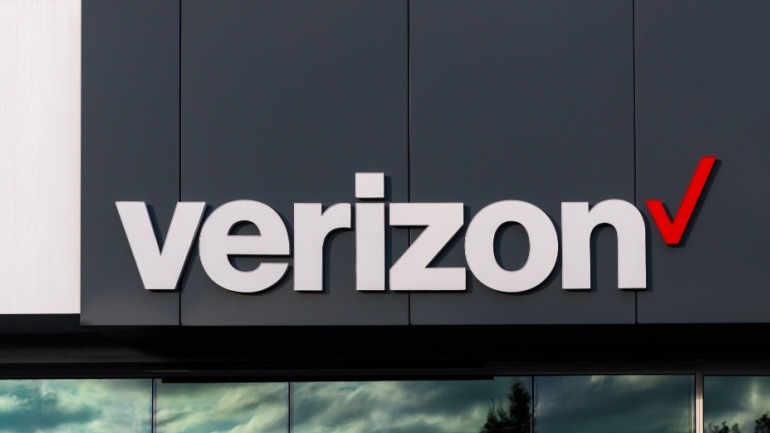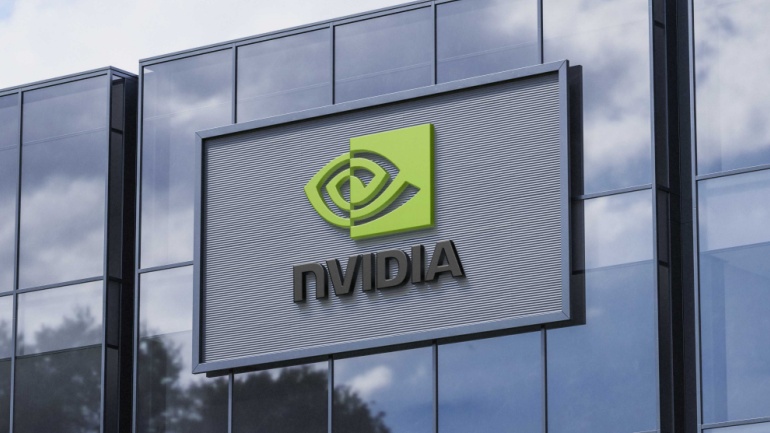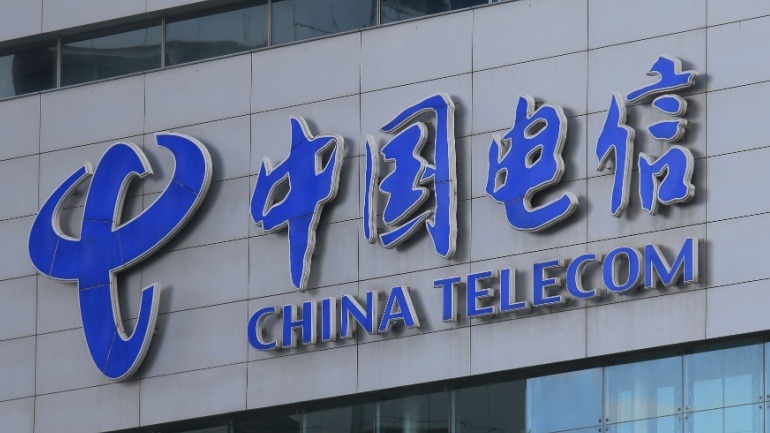Encountering an HTTP 524 error is a common challenge in the VoIP industry, signifying a timeout between a web server and reverse proxy, like Cloudflare. Efficient troubleshooting is paramount, particularly in optimizing server performance and leveraging load balancing and caching strategies to ensure uninterrupted VoIP services.
In the evolving landscape of contact center security, BT’s innovative collaboration with Pindrop tackles the surge in voice fraud and deepfake threats head-on. By integrating advanced voice authentication and AI-powered security into their communications network, BT enhances VoIP systems, simultaneously safeguarding enterprises and improving customer trust. As fraudulent tactics become more sophisticated, leveraging technologies like Phoneprinting and behavioral analytics within VoIP solutions becomes essential. The synergy between BT and Pindrop exemplifies how state-of-the-art VoIP security solutions not only protect but also streamline operations in a digital-first era, paving the way for secure, efficient communication channels.
Mitel’s hybrid VoIP strategy offers an innovative approach to modernizing business communications. By integrating AI and cloud solutions with existing systems, companies can enhance their operations without a full system overhaul. This flexible model lets businesses maintain stability while exploring new VoIP capabilities tailored to specific industry needs.
Enhancing VoIP capabilities, Verizon and AWS are set to revolutionize long-haul fiber routes, addressing AI’s surging data needs. This strategic initiative focuses on constructing high-capacity fiber pathways crucial for generative-AI workloads. As AI’s data demands balloon, robust network infrastructure becomes indispensable, driving innovation and ensuring seamless VoIP communications.
Cisco’s revolutionary 360 Partner Program is set to transform the telecommunications landscape in January 2026. With a focus on AI and edge technology, this initiative emphasizes collaborative co-design with partners for customer-centric goals like campus network updates and AI integration. From cross-sell bonuses to the Partner Incentive Estimator, the program is designed for VoIP partners aiming to maximize profitability. Leveraging Cisco’s evolving ecosystem, managed service providers will benefit from secure AI certifications and enhanced enablement resources, paving the way for lucrative, recurring service relationships in the VoIP industry.
8×8’s partnership with Mitel heralds a new era in VoIP, offering native support for Mitel SIP desk phones. This integration empowers businesses to seamlessly transition to advanced 8×8 communication solutions, preserving existing hardware while unlocking AI-driven innovations. Enjoy reduced costs, improved voice resiliency, and enhanced user experience with comprehensive VoIP solutions.
Cisco’s recent integration of AI with telecommunications introduces the N9100 series switch, incorporating NVIDIA Spectrum-X technology. This innovation signals a shift in AI-ready data centers, notably enhancing VOIP infrastructure. By leveraging flexible operating models, Cisco empowers enterprises and telecom providers to scale their AI networks efficiently, addressing emerging connectivity challenges.
GoTo introduces GoTo Connect for Education, revolutionizing school communications. This cloud-based platform integrates phone, paging, messaging, and alerts, streamlining management and enhancing security. Schools can now consolidate fragmented systems, easing the IT burden and ensuring safety. GoTo’s innovative approach seeks to modernize educational communication infrastructure smoothly and cost-effectively.
Revolutionizing patient interaction, PatientSync partners with Telnyx to enhance healthcare through AI-driven voice technology. Integrating Telnyx’s voice infrastructure, PatientSync offers seamless patient interactions for scheduling and billing, emphasizing low-latency communication. This collaboration underscores AI’s role in efficient patient engagement, setting new standards in healthcare telecommunications.
China Telecom’s recent financial performance highlights the importance of modern VoIP solutions in today’s competitive market environment. The company’s 5% net profit increase, driven by 5G adoption, reflects the growing demand for advanced digital transformation. As 5G subscribers reach 292.4 million, the extensive penetration underscores an increasing need for enhanced VoIP services.













